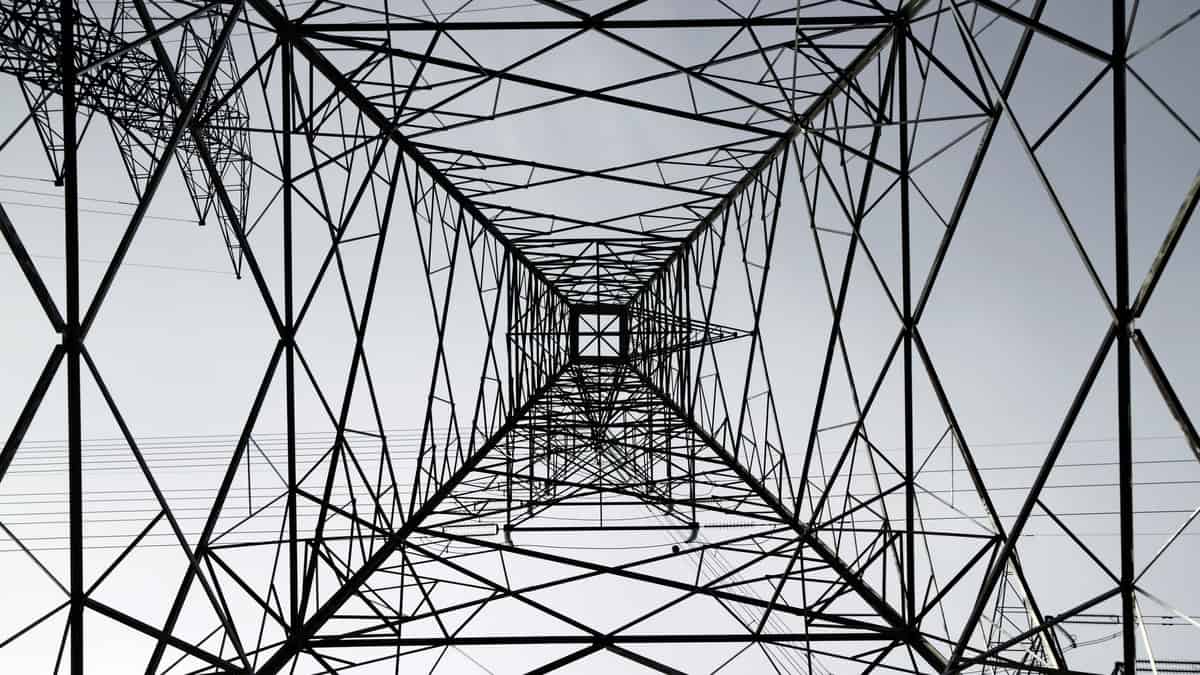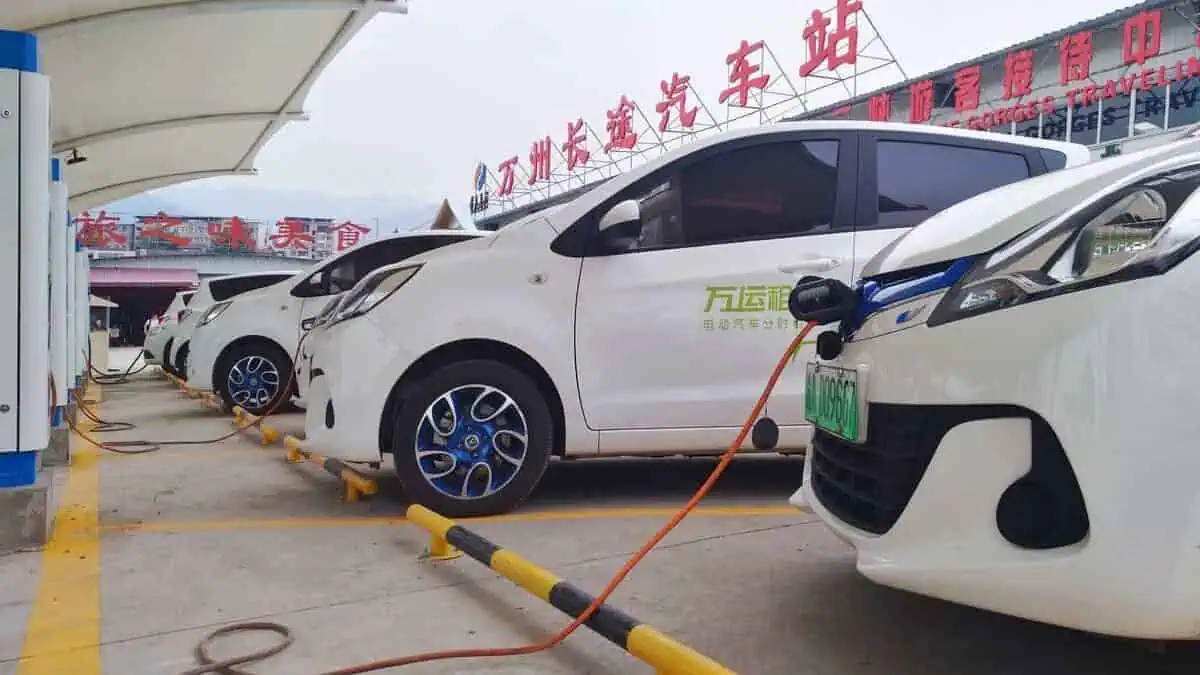The Inflation Reduction Act of 2022’s new energy storage tax credit has already been exploited by at least one of the largest investing corporations in the world, according to CleanTechnica.
An American multinational investment bank and financial services company Goldman Sachs is reported to have partnered with Cleanhill to invest an unspecified amount in their end-to-end business strategy for power conversion, as announced by EPC Power Corp.
Notably, the Inflation Reduction Act of 2022 in the United States made changes to the tax structure that now reflect how quickly independent energy storage systems may accelerate wind and solar growth. According to the US Department of Energy’s certification, property used in a “qualifying advanced energy project” is eligible for a tax credit under Section 48c of the IRA of up to 30%.
| “The strategic investment, along with a comprehensive recapitalization, positions EPC Power to expand and deliver against rapid growth in the renewable energy storage markets while helping facilitate the U.S. economy’s clean energy transition,” EPC enthuses. “The transaction closely follows the signing into law of the Inflation Reduction Act of 2022, which among other provisions extends a first-ever tax credit to stand-alone energy storage, creating a significant financial incentive for adopting EPC Power’s inverters and other technologies,” they added. EPC Power bills itself as “the only U.S.-based, end-to-end power conversion solution provider, making its technology well-suited for grid-scale applications that require added layers of security.” “EPC Power’s smart inverters are uniquely suited for applications in standalone energy storage, solar energy storage and data center backup power,” the company explains. “Going beyond the role of traditional inverters to feed power into the grid, ‘smart’ inverters are powered by advanced software and work dynamically with the grid to increase resilience, reliability, safety and security,” they add. |
Since last year, Cleanhill, a decarbonization-focused private equity company, has been advising EPC on operational and strategic issues in addition to its underwriting responsibilities.
Notably, EPC has a significant edge since the Biden administration prioritizes American-made instruments for the sustainable energy transition. In addition, the California-based company is already planning its second manufacturing facility on East Coast this year, while its first facility is in San Diego County.
Before President Biden signed the Inflation Reduction Act, the US clean industry had already established itself as a powerhouse, and the EPC announcement was only the start of a new wave of investment.
However, republican policymakers have used the “woke capitalism” fallacy to try and halt the trend. They contend that the ESG investment movement unfairly discriminates against fossil energy corporations and other businesses.
Additionally, Texas lawmakers enacted a new rule this year that prevents public pension funds from working with financial institutions that the state Comptroller finds to discriminate against fossil energy corporations.
The leading asset management company BlackRock is presently the target of the anti-ESG movement, while Goldman Sachs is already the next company on the woke radar.
However, Alexander Mass, managing director of Goldman Sachs Asset Management, highlighted Goldman’s continued involvement in the clean technology sector when the EPC agreement was disclosed.
| “EPC Power is uniquely positioned to play a critical role in the evolution of the U.S. solar and energy storage value chains and is now well capitalized to continue its trajectory of rapid growth,” said Mass. “As the only scaled supplier of smart inverters that are designed, engineered and 100% manufactured in the U.S., EPC Power is a natural continuation of our thematic investment activity in this space, in partnership with Cleanhill Partners and EPC management.” “GSAM [Goldman Sachs Asset Management] has over 40 individuals focused full time on ESG and impact investing, including a centralized ESG strategy team and dedicated investment professionals within portfolio management teams,” Goldman also explains on its website. Then there’s this missive from GSAM, issued last February: “Goldman Sachs Asset Management today announced the launch of the Goldman Sachs Bloomberg Clean Energy Equity ETF (“GCLN” or the “Fund”). The new Fund offers access to the $100 Trillion+, multi-decade clean energy investment opportunity1 by seeking to track the Bloomberg Goldman Sachs Global Clean Energy Index (the “Index”), an equity index designed by Goldman Sachs Asset Management and Bloomberg energy sector specialists.” |
All things considered, a new development in the energy storage sector is already being spurred by the Inflation Reduction Act of 2022.






